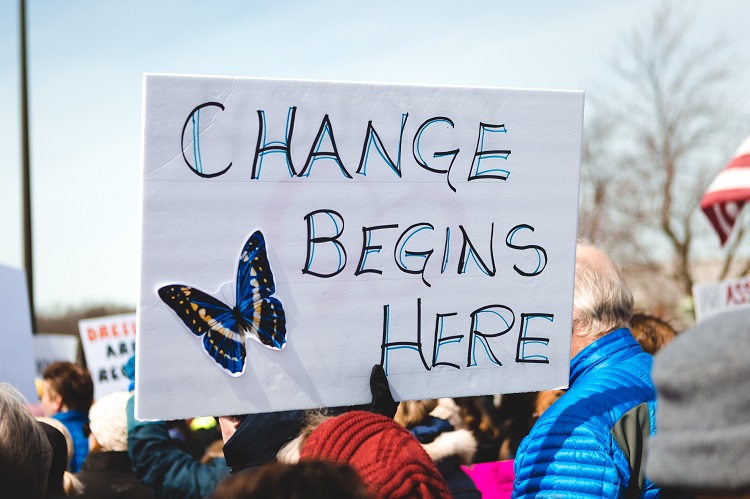The city of Seattle recently made history by raising their minimum wage to a mandatory $15 an hour, the highest in the nation. It’s an idea that has been floating around for a while, and last summer many went on strike for that very thing. Now, it is a reality for the residents of Seattle.
In this year’s State of the Union address, President Obama called for a federal minimum wage increase from $7.25 to $10.10 per hour. This isn’t the first time Obama has called for a minimum wage hike. In his 2013 State of the Union, he called for an increase to $9 an hour.
[pq]A sudden, huge increase in the minimum wage will hurt the very people it was intended to help.[/pq]
Since then, the Congressional Budget Office released a report finding that a minimum wage hike to $10.10 could lead to the loss of close to 500,000 jobs. Not exactly the result that the President was looking for. And this was just for a minimum wage increase of $2.85.
It is obviously too soon to know exactly how Seattle’s economy will be affected by this huge wage increase, but residents have already started to see some businesses begin to charge a “living wage” tax.
According to pictures from the area found on Twitter, this living wage tax is at least 8.25 percent. And this is just a few days after the minimum wage was increased!
In the podcast eEconomics, television writer and comedian David Angelo points out that, “As you raise the minimum wage, you raise the cost of living. While it may not be a huge increase, it’s going to disproportionately hurt those with the least amount of purchasing power.”
A sudden, huge increase in the minimum wage, like what we see in Seattle, will most definitely hurt the very people it was intended to help. Those workers who are making the lowest wage of $15 an hour end up paying for it through living wage taxes that businesses introduce to their customers on top of the local sales taxes.
In comparison, AEI scholar Mark J. Perry recently visited Williston, North Dakota, home to the Bakkan oil fields. He noted that the starting wage rate for a cashier at Walmart was $17.25 an hour, 2.4 times the national wage of $7.25 an hour. The unemployment rate for the area is less than 1 percent.
Due to the competitive nature of the job market in the area, paying the national minimum wage of $7.25, or eve $15 an hour won’t get the positions filled. So Walmart responds by raising wages.
In Angelo’s podcast, he frames the minimum wage debate by defining terms. “Wages are prices. It’s the price you can charge for your labor and that’s determined by your productivity and the competition that you have in the work force.”
Mandatory minimum wage increases don’t change the market. The competition for jobs remains the same, and businesses have to respond to the sudden increase in labor costs they ensue. Some do that by cutting hours and positions. Other businesses might raise prices and pass the increase onto consumers, as illustrated in the Seattle area. Either outcome is not what proponents of minimum wage spikes are intending. Either outcome hurts the exact people they were trying to help.



